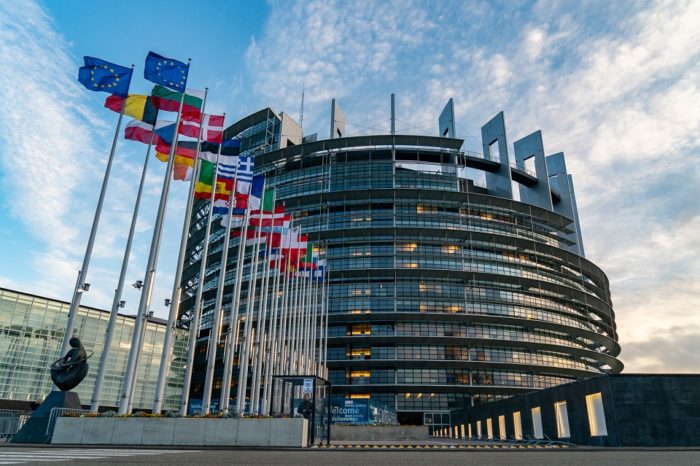KPMG: Inflation and supply chain fears easing, but global economy continues to face uncertainty

The outlook for the global economy has taken a positive turn in the first half of 2023 as inflationary pressures began to ease. But, as the most recent KPMG forecast shows, ongoing geopolitical tensions and domestic challenges in key markets are slowing down the return to sustained growth.
Global energy prices have returned to levels last seen prior to the invasion of Ukraine. This, combined with easing commodity and food prices, is expected to put further downward pressure on inflation for the rest of 2023.
Despite the recent positive news on inflation, major economies throughout the world – most recently the UK and USA – are facing domestic pressures, delaying hopes of improving market conditions and a sustainable drop in inflation. The nuanced, complex picture in each country, region and territory is placing unprecedented pressure on central banks, raising concerns that core inflation could remain stickier for longer and that price rises could become more entrenched given the relatively tight economic conditions, including those pertaining to the labor market. Growing uneasiness for the smooth functioning of the wider international banking system could further complicate matters for central banks as they weigh in financial stability risks against a plan to bring inflation back to target.
KPMG forecasts world GDP growth at 2.1 percent in 2023 and 2.6 percent in 2024 with global inflation expected to decelerate to 5.3 percent in 2023 and then further to 3.2 percent in 2024, while unemployment is expected to remain stable in 2023, at 5.2 percent, before edging up to 5.4 percent in 2024.
The deterioration of public finances over the past three years will place constraints over fiscal policy in stimulating growth. Governments across the world have spent significant amounts, first on shielding their economies from the effects of Covid-19 and, subsequently, on protecting households and businesses from higher energy prices. That left public debt at historically elevated levels, with less room for expansionary fiscal policy. In the U.S. federal spending is expected to slow down despite the ramp up in infrastructure spending, while in China fiscal support could increase following the reopening of the economy. The rise in interest rates has made these larger debt levels costlier to service, putting further pressure on government finances.
The pressure on global supply chains has eased significantly in recent months, while shipping costs have also dropped. This should help alleviate some inflationary pressures and improve supply capacity. Global trade remains relatively weak, although we would expect it to recover somewhat this year as trade flows normalize with the reopening of the Chinese economy. Geopolitical tensions are expected to continue to exert some pressure on trade flows over the medium term. Consumer demand is also expected to pick up this year as consumer confidence has started to improve in Europe, although it still remains at relatively low levels.
Romania’s economic growth surpassed expectations in 2022, advancing by 4.8 percent. An increased contribution of investments to GDP growth, especially in the second part of 2022, counterbalanced the slowdown in private consumption. This momentum is expected to continue in 2023, albeit at a lower intensity, as the pace of growth will be negatively impacted by the effects of higher interest rates. Nevertheless, Romania’s economy is expected to advance by 2.5 percent in 2023, the highest rate among the EU countries in the region. Inflation reached over 16 percent at the end of last year and looks set to halve in 2023, driven by the fall in commodity and energy prices. “Inflation is seen by many businesses in Romania as a key challenge in the current macroeconomic context. While the 18 percent increase in the minimum wage at the beginning of 2023 will help some households recover some of their purchasing power lost to inflation, and thus be supportive to consumption growth, this significant rise could also maintain some upward pressure on future inflation. Economic sentiment has improved marginally over the last year and growth prospects have remained good. There has been an increase in investments in the economy over the last quarters and maintaining this trend, aided by the substantial amounts provided through the EU’s Recovery and Resilience Facility, would be beneficial for growth and help in reducing the existing macroeconomic imbalances” says Ramona Jurubiţă, Country Managing Partner at KPMG in Romania.













